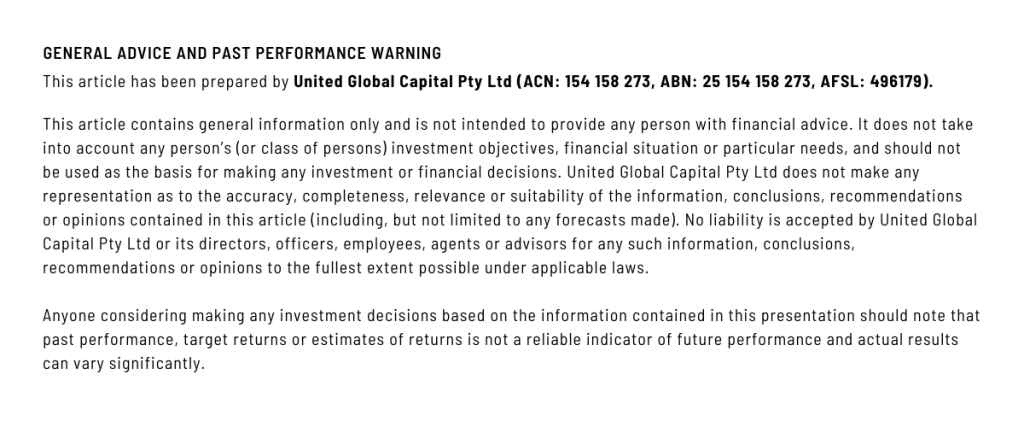Is Negative Gearing Still Viable?
Over the past 18 months, the landscape of investment properties has been shifting due to the consistent rise in interest rates. This upward trend has caused numerous properties that were once positively or neutrally geared to slip into negative gearing territory. With cash rates taking a significant leap, astute investors are now contemplating the revision of their medium to long-term strategies.

While some property investors deliberately choose the path of negative gearing, others have found themselves thrust into this mortgage method due to the rapidly changing interest rate environment. Negative gearing does offer certain tax-related advantages, but it is not necessarily a one-size-fits-all strategy. To determine if negative gearing aligns with your financial goals, it may be prudent to conduct a comprehensive ‘health check’ on your property investment plan.
The Benefits of Negative Gearing:
In simple terms, negative gearing in property investment involves spending more on mortgage interest payments and expenses than what you receive in rental income. Essentially, you are not generating immediate income from the property, but you can offset these losses at tax time. While the investment property incurs costs, the hope is that the negative gearing strategy will yield capital growth in the long run.
The Drawbacks of Negative Gearing:
Despite its proponents, negative gearing has its downsides. It results in ongoing financial losses and does not generate a passive income stream to cover the property’s holding expenses. Moreover, there is a risk of experiencing a capital loss, as real estate investments are not immune to market fluctuations.

Understanding Positive Gearing:
On the flip side, positive gearing entails earning more income from your investment property than the expenses incurred. This approach is ideal for investors seeking consistent returns and a passive income. Additionally, if the property appreciates in value, you may enjoy capital gains in addition to your rental income. However, keep in mind that you will be subject to taxation on your rental income, and with rising interest rates, finding suitable properties that align with this strategy can be more challenging.
Exploring Neutral Gearing:
When your investment property neither costs you nor earns you anything, it is neutrally geared. This is a less common approach, as aligning expenses and earnings perfectly can be tricky. Nevertheless, it can be a suitable option for individuals investing through a self-managed super fund, as it won’t erode the fund’s wealth.
Factors to Consider with Negative Gearing:
Before deciding whether negative gearing is the right fit for your personal circumstances and the specific property in question, it’s crucial to thoroughly evaluate the following:
- Can you realistically cover the property’s expenses while incurring a financial loss?
- In the event of further interest rate hikes, can you sustain this strategy?
- Is there room to increase the rent to meet the mortgage obligations?
- Will the property attract a high number of potential renters, minimising vacancy periods?
- What is your plan if you struggle to find a quality tenant or any tenant at all?
- Does the property exhibit strong potential for capital growth?
- When, if ever, do you anticipate the property becoming positively geared?
- Will the potential tax benefits, combined with the profit you anticipate upon selling, outweigh the losses incurred through negative gearing?
Is Negative Gearing Still a Viable Option?
As the cost of living and mortgage expenses continue to rise, negative gearing may progressively impact your monthly budget. While it can be an effective strategy for reducing your tax liability and unlocking capital gains, it is essential to consider various factors. If your household budget is already stretched in the current economic climate, negative gearing may not be the right path for you. However, if you have carefully assessed the financial implications and are confident in your ability to absorb the additional costs, negative gearing might still be a suitable strategy for your financial goals.
If you have questions or need personalised advice on your financial strategy, please don’t hesitate to contact us. Our team of experienced wealth management specialists are here to assist you in making informed decisions about your investments and financial future.

